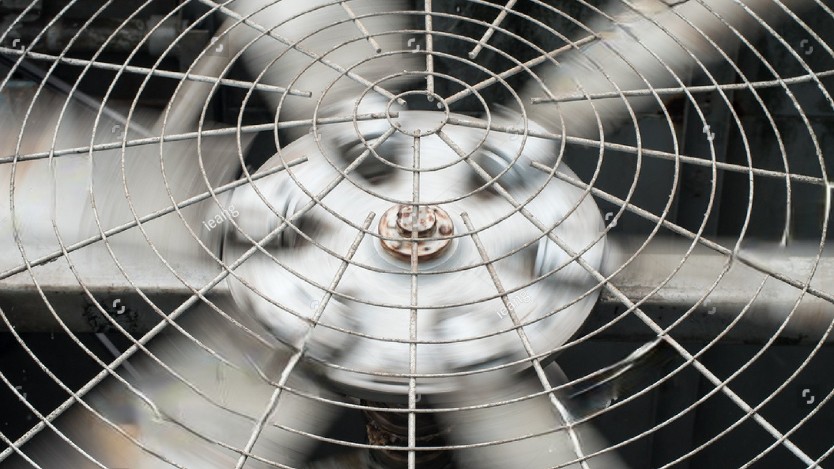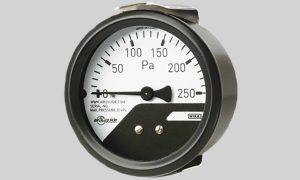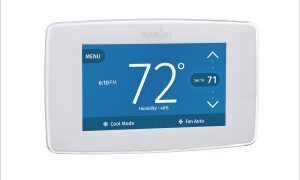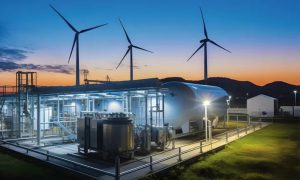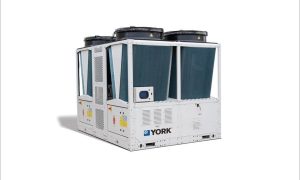The automotive HVAC blower market is poised for substantial growth, with a projected value of US$ 89.5 billion by 2023, driven by factors like rising demand for efficient HVAC systems and the shift towards electric vehicles. Key players, including Valeo SA and Denso Corporation, are actively competing through innovation and strategic partnerships to capture market share.
By 2023, the automotive HVAC blower market is anticipated to be valued at US$ 89.5 billion, with a projected expansion to surpass US$ 11.91 billion by 2033, exhibiting a 2.90 % CAGR during the forecast period. Automotive HVAC blowers are transforming the driving experience by enhancing vehicle comfort and ensuring optimal air quality.
The growing demand for efficient HVAC systems in vehicles, along with the increasing disposable income of consumers, is driving the adoption of automotive HVAC blowers. These blowers play a vital role in providing effective air circulation, temperature control, and air filtration within the vehicle cabin, thereby significantly improving passenger comfort and well-being.
Furthermore, the automotive industry’s shift towards electric and hybrid vehicles is boosting the demand for advanced HVAC systems, including high-performance blowers. As electric vehicles become more prevalent, the need for efficient climate control systems that optimize energy consumption becomes crucial. Automotive HVAC blowers contribute to enhancing energy efficiency by delivering precise airflow and temperature regulation, ultimately improving the overall performance of electric vehicles.
Additionally, the rising focus on air quality and the increasing awareness of the health risks associated with poor indoor air quality are driving the adoption of advanced air filtration systems in vehicles. Automotive HVAC blowers with integrated filtration technologies help eliminate harmful pollutants, allergens, and particulate matter from the incoming air, ensuring a cleaner and healthier cabin environment for vehicle occupants.
Despite the market’s immense growth potential, challenges such as cost constraints and the need for advanced technologies persist. The initial costs associated with advanced HVAC systems and blowers can be a hindrance for some market players. Moreover, the integration of cutting-edge technologies such as IoT and AI into automotive HVAC blowers requires substantial investment in research and development.
The market presents abundant opportunities for the automotive HVAC blower sector to thrive. The increasing demand for enhanced vehicle comfort and improved air quality, coupled with the growing adoption of electric and hybrid vehicles, creates a favorable environment for market growth. Additionally, continuous technological advancements, such as the development of smart HVAC systems and the incorporation of digital solutions, contribute to the ongoing revolution in the automotive HVAC blower industry.
Key Takeaways from the Automotive HVAC Blower Market:
- The automotive HVAC blower market in the United States is projected to exceed US$ 1323.4 million by 2033, showcasing a steady 3 % CAGR.
- The United Kingdom’s automotive HVAC blower market is anticipated to achieve a market size of US$ 556.4 million by 2033, expanding at a CAGR of 2.20 % throughout the forecast period.
- In China, the automotive HVAC blower market is expected to reach a market share of US$ 2972.7 million by the end of the forecast period, with a robust CAGR of 3.30%.
- The axial blower segment is expected to dominate the automotive HVAC blower market with significant growth potential.
- The automotive industry is set to be a key driver of the automotive HVAC blower market.
How Does the Competition Look in the Automotive HVAC Blower Market?
The market for automotive HVAC blowers is highly competitive, characterized by the presence of numerous players striving to capture a share of the market. Key participants in this industry include Valeo SA, Denso Corporation, Delphi Technologies, Johnson Electric Holdings Limited, and Brose Fahrzeugteile GmbH & Co. KG, among others.
These major players are actively engaged in research and development activities to introduce innovative and advanced products that offer improved efficiency, reliability, and cost-effectiveness. They are also focusing on expanding their product portfolios and strengthening their distribution networks to cater to the evolving needs of customers.
Strategic collaborations and partnerships with other companies are becoming increasingly prevalent in the industry as a means to leverage complementary strengths and enhance market presence.
Leading players are pursuing consolidation and mergers to consolidate their market position and gain access to new markets. The automotive HVAC blower market is witnessing significant growth in emerging economies, particularly in countries like China and United States.
To establish a strong foothold in these markets, key players are setting up local manufacturing facilities and strengthening their distribution channels. They are also placing emphasis on offering competitively priced solutions to customers in these markets to gain a competitive advantage.
Overall, the automotive HVAC blower market is characterized by intense competition, with players actively focusing on innovation, strategic partnerships, and market expansion to maintain their competitiveness.
Cookie Consent
We use cookies to personalize your experience. By continuing to visit this website you agree to our Terms & Conditions, Privacy Policy and Cookie Policy.

